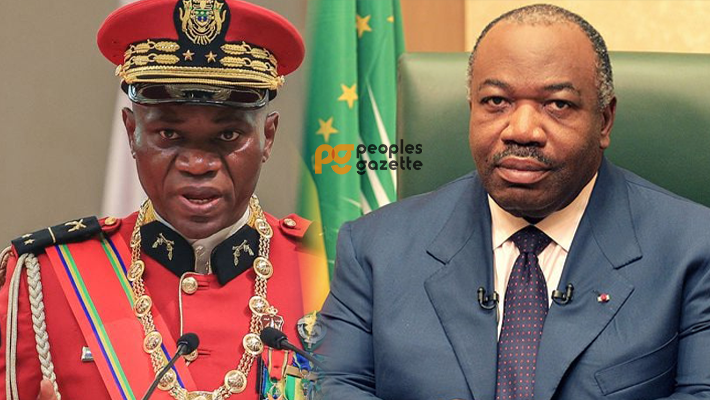LIBREVILLE, Gabon — Gabon is poised to hold its first presidential election on April 12, marking a significant step in its transition back to civilian rule following the August 2023 military coup that ended the Bongo family’s 56-year reign.
The August 2023 coup, led by General Brice Oligui Nguema, was prompted by widespread allegations of electoral fraud in President Ali Bongo Ondimba’s disputed re-election. Nguema, a cousin of Bongo, was swiftly appointed as transitional president and pledged to restore democratic order. His administration initiated key reforms, including the drafting of a new constitution and the scheduling of elections within two years.
In November 2024, a constitutional referendum was held, resulting in the approval of a new constitution that abolished the prime minister’s office, set presidential terms at seven years renewable once, and established stricter eligibility criteria for presidential candidates.
General Nguema, now a civilian, is a leading candidate in the upcoming election. His main challenger is former Prime Minister Alain Claude Bilie By Nze, who has criticized the election process, alleging state favoritism and lack of transparency. Other candidates include Stéphane Germain Iloko and Joseph Lapensée Essigone.
International observers from the African Union, European Union, and Commonwealth are present to monitor the election, underscoring its significance for Gabon’s democratic trajectory.
Gabon’s swift transition has drawn attention, contrasting with the prolonged military-led transitions in Sahel countries. The African Union’s Peace and Security Council has faced challenges in enforcing norms against coup leaders running for office, as seen in Chad and now Gabon. Gabon’s approach could serve as a model for other nations grappling with similar transitions.

